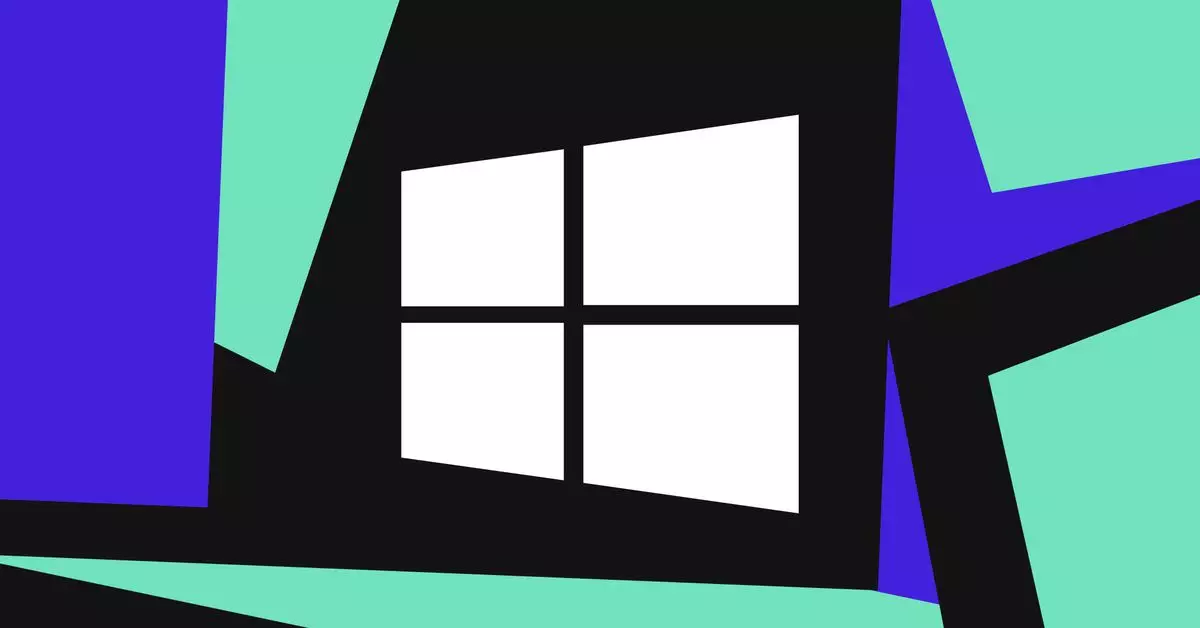In recent revelations from Bleeping Computer, Microsoft has placed a temporary hold on updates for Windows 11 version 24H2, particularly affecting PCs that run specific Ubisoft titles. This action stems from a series of user complaints highlighting issues with games such as *Star Wars Outlaws* and various entries in the *Assassin’s Creed* series, which reportedly crash after the installation of the latest Windows update. The situation underscores a critical nexus between software updates and gaming experiences, raising questions about the robustness of compatibility testing in ongoing updates.
Microsoft has acknowledged these compatibility issues in an update, explicitly stating that it is working closely with Ubisoft to address the problems. The company has advised users against the manual installation of the Windows 11 24H2 update, emphasizing that doing so may exacerbate the existing issues. This move suggests a proactive approach by Microsoft to preserve user experience by preventing further complications before a patch can be released.
Given the scope of the affected titles, including *Assassin’s Creed Valhalla*, *Origins*, *Odyssey*, as well as *Avatar: Frontiers of Pandora*, the situation speaks to a broader issue in the gaming industry: the delicate balance between timely updates and software compatibility. In an age where updates are frequently rolled out to enhance security and performance, the ramifications of a poorly timed release can be severe, particularly for gamers eager to dive into new content.
In the face of these technical challenges, Ubisoft has responded by releasing a temporary hotfix (version 1.0.4.0) aimed at mitigating the issues. However, the gaming giant cautioned players that they may still encounter performance hiccups until a comprehensive solution is implemented. This admission is crucial as it lays bare the complexities involved in maintaining software stability across different platforms and versions.
The patch is a step in the right direction, yet it invites scrutiny regarding the pressure developers face to push out new content and features rapidly. It raises an essential conversation about the quality assurance measures that should be in place to prevent incompatible updates from reaching consumers.
As Microsoft and Ubisoft work towards resolving these compatibility challenges, the gaming community remains vigilant. Players are now at a crossroads, weighing the pros and cons of updating their systems versus experiencing potential gameplay disruptions.
This episode serves as a reminder of the intricate relationship between operating systems and gaming environments. Both companies must prioritize thorough testing to maintain user trust and satisfaction, ensuring that updates enhance rather than hinder the gaming experience. Moving forward, stakeholders in the tech and gaming industries must remain cognizant of the need for ongoing dialogue about compatibility, testing standards, and effective communication with users. As the resolution unfolds, gamers will be watching closely, hoping for a swift return to seamless play.


Leave a Reply
You must be logged in to post a comment.